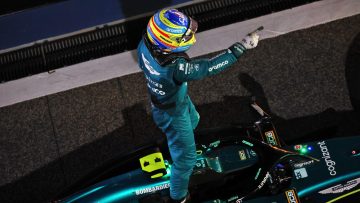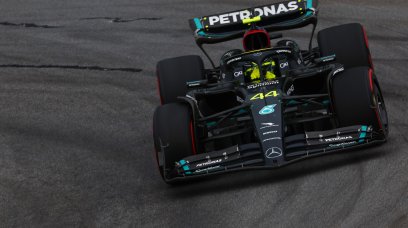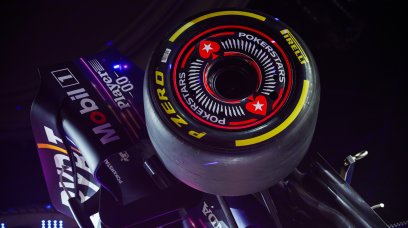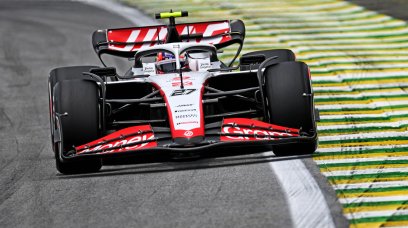Ferrari test driver Marc Gene admits that the team were surprised by their "completely unexpected" reliability issue in the Bahrain Grand Prix.
It proved to be a difficult day for the Scuderia in Sakhir, with Charles Leclerc forced to retire on Lap 41 when his car lost power, while Carlos Sainz struggled to battle for a podium result and ended the race in P4.
Meanwhile, Max Verstappen and Sergio Perez clinched a dominant 1-2 finish for Red Bull.
While Ferrari were anticipating possible issues with tyre management – a problem that they have experienced in the past – Gene says that the reliability woes were not on the cards.
Gene explains Ferrari's issues
"Last year we started [the season] very well and we didn't finish very well, so I hope this trend that the winner of the [first] Grand Prix has never won the championship is the case [this year], although it's going to be difficult," Gene told the F1 Nation podcast.
"We've improved in some areas. I think the car was fast, we could have had pole position really in Bahrain.
"But [we suffered with] reliability, which was something completely unexpected. Really, we were not expecting that. And then, of course, the tyre management, which is something we knew was going to be a hard point for us."
Viewed by others:
Changes pre-race were a 'precaution'
Leclerc's car was fitted with a new control electronics (CE) and Energy Store (ES) prior to the race, but Gene insists that this was not due to any reliability concerns and was instead a precautionary move.
"It was the batteries we changed, and it looks like the failure [came] from the combustion engine," Gene explained.
"[We changed the parts because] we saw something, some numbers let's say. But we are quite sure [the cause of retirement] has nothing to do [with] what we changed.
"It was more like a precaution thing we changed, and we are quite sure that it has nothing to do with what happened to Charles."
Also interesting:
With Red Bull having cruised to a 1-2 finish in Sunday's Bahrain Grand Prix, RacingNews365.com journalists Michael Butterworth and Dieter Rencken analyse how much we should read into their early dominance.

































